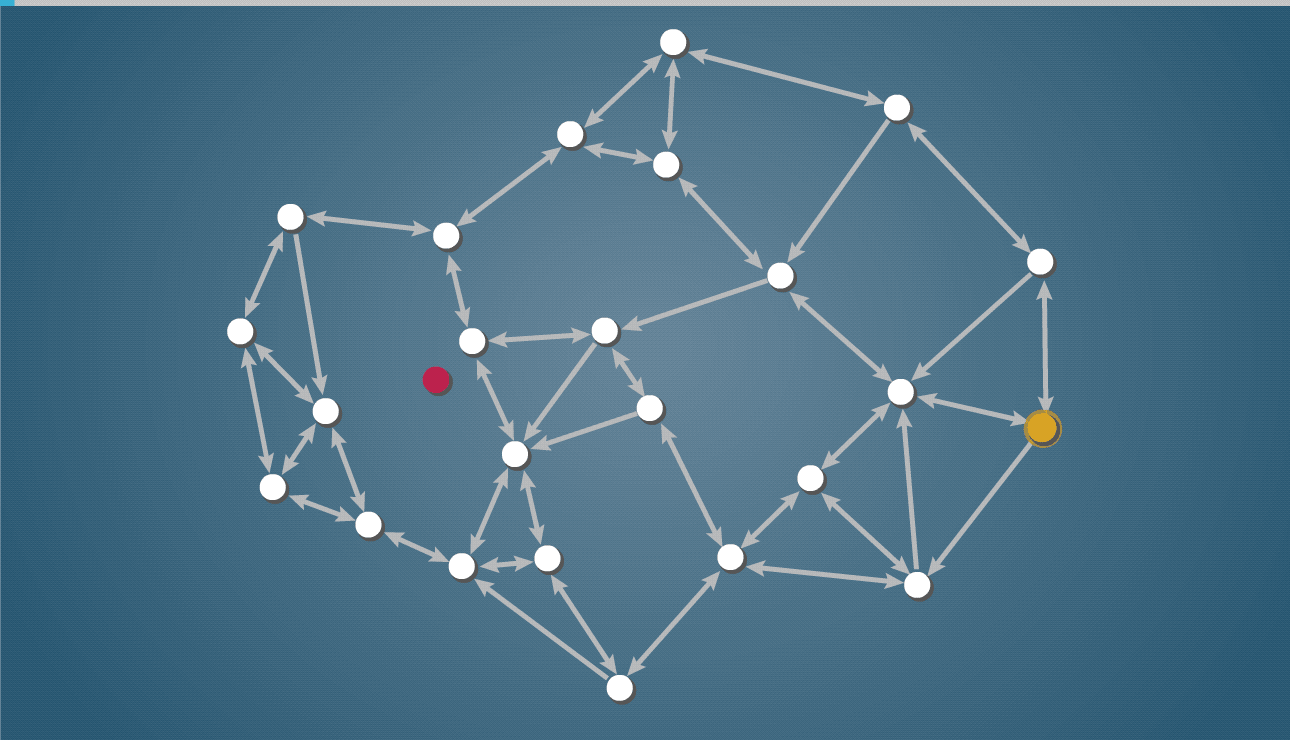Level Up Your Financial Literacy: The Power of Interactive Quizzes on Money Values
In an era dominated by digital learning and gamified experiences, traditional methods of teaching financial literacy are often perceived as dry and unengaging. However, a powerful tool has emerged that can transform the way individuals learn about money values: interactive quizzes. These quizzes, when designed effectively, offer a dynamic and engaging platform for acquiring and reinforcing essential financial knowledge, promoting better money management skills, and ultimately, fostering financial well-being.
The Landscape of Financial Literacy
Financial literacy, defined as the ability to understand and effectively use various financial skills, including personal financial management, budgeting, and investing, is a cornerstone of individual and societal well-being. A financially literate individual can make informed decisions about their money, plan for the future, and navigate the complexities of the modern financial landscape. Conversely, a lack of financial literacy can lead to debt, poor investment choices, and financial instability.
Despite its importance, financial literacy levels remain alarmingly low in many parts of the world. Studies consistently show that a significant portion of the population struggles with basic financial concepts, such as compound interest, inflation, and risk diversification. This underscores the urgent need for innovative and effective approaches to financial education.
Interactive Quizzes: A Game-Changing Approach
Interactive quizzes offer a refreshing alternative to traditional lectures and textbooks. They leverage the principles of active learning and gamification to create a more engaging and memorable learning experience. Here’s why they’re so effective:
-
Active Participation: Unlike passive learning methods, interactive quizzes require learners to actively participate in the learning process. By answering questions, solving problems, and making decisions, learners become more engaged and retain information more effectively.
-
Immediate Feedback: One of the key advantages of interactive quizzes is the immediate feedback they provide. Learners receive instant feedback on their answers, allowing them to identify their strengths and weaknesses and correct misunderstandings in real-time.
-
Gamification: Interactive quizzes often incorporate elements of gamification, such as points, badges, leaderboards, and rewards. These elements make learning more fun and motivating, encouraging learners to stay engaged and persist through challenging topics.
-
Personalized Learning: Many interactive quiz platforms offer personalized learning paths that adapt to the learner’s skill level and learning style. This ensures that learners are challenged appropriately and receive the support they need to succeed.
-
Accessibility: Interactive quizzes can be accessed from anywhere with an internet connection, making them a convenient and accessible learning tool for individuals of all ages and backgrounds.
Key Elements of Effective Interactive Quizzes on Money Values
To maximize the effectiveness of interactive quizzes on money values, it’s essential to incorporate the following elements:
-
Clear Learning Objectives: Each quiz should have clearly defined learning objectives that align with the overall goals of the financial education program. These objectives should be communicated to learners upfront so they know what they’re expected to learn.
-
Engaging Content: The quiz content should be relevant, relatable, and engaging. Use real-life scenarios, case studies, and examples that learners can easily understand and connect with.
-
Variety of Question Types: Incorporate a variety of question types, such as multiple-choice, true/false, fill-in-the-blank, and problem-solving questions. This will keep learners engaged and challenge them in different ways.
-
Visual Appeal: Use visuals, such as images, charts, and graphs, to make the quiz more visually appealing and easier to understand. Visuals can help to illustrate complex concepts and make the learning experience more memorable.
-
Constructive Feedback: Provide constructive feedback on both correct and incorrect answers. Explain why the correct answer is correct and why the incorrect answer is incorrect. This will help learners to understand the underlying concepts and avoid making the same mistakes in the future.
-
Adaptive Difficulty: Adjust the difficulty of the quiz based on the learner’s performance. If a learner is consistently answering questions correctly, increase the difficulty. If a learner is struggling, provide more support and guidance.
-
Progress Tracking: Track the learner’s progress and provide feedback on their overall performance. This will help learners to stay motivated and see how they’re improving over time.
-
Mobile-Friendly Design: Ensure that the quiz is accessible and easy to use on mobile devices. This will allow learners to access the quiz from anywhere and at any time.
Examples of Interactive Quiz Topics on Money Values
Here are some examples of interactive quiz topics that can be used to teach money values:
-
Budgeting: Create a quiz that tests learners’ ability to create a budget, track expenses, and identify areas where they can save money.
-
Saving: Develop a quiz that explores the importance of saving, different types of savings accounts, and strategies for reaching savings goals.
-
Debt Management: Design a quiz that assesses learners’ understanding of debt, interest rates, and strategies for paying off debt.
-
Investing: Create a quiz that covers the basics of investing, different types of investments, and the importance of diversification.
-
Credit Scores: Develop a quiz that explains what credit scores are, how they’re calculated, and how to improve them.
-
Financial Planning: Design a quiz that covers the basics of financial planning, including setting financial goals, creating a financial plan, and reviewing and adjusting the plan over time.
Tools and Platforms for Creating Interactive Quizzes
Numerous tools and platforms are available for creating interactive quizzes, ranging from simple quiz makers to more sophisticated learning management systems (LMS). Here are a few popular options:
- Google Forms: A free and easy-to-use tool for creating simple quizzes and surveys.
- Quizizz: A popular platform for creating engaging and interactive quizzes with gamified elements.
- Kahoot!: A game-based learning platform that allows educators to create and host interactive quizzes.
- Typeform: A versatile platform for creating visually appealing and interactive forms and quizzes.
- LMS Platforms (e.g., Moodle, Canvas): Many LMS platforms include built-in quiz tools that allow educators to create and deliver interactive quizzes to their students.
The Future of Financial Education
Interactive quizzes are poised to play an increasingly important role in financial education. As technology continues to evolve, we can expect to see even more sophisticated and engaging quiz formats emerge, such as virtual reality (VR) and augmented reality (AR) quizzes. These immersive experiences will provide learners with even more realistic and engaging scenarios to practice their financial skills.
Moreover, the rise of artificial intelligence (AI) will enable personalized learning experiences that adapt to each learner’s individual needs and learning style. AI-powered quizzes will be able to identify areas where learners are struggling and provide targeted support and guidance.
Conclusion
Interactive quizzes represent a powerful and effective tool for teaching money values and promoting financial literacy. By leveraging the principles of active learning, gamification, and personalized learning, these quizzes can engage learners, reinforce essential concepts, and empower individuals to make informed financial decisions. As technology continues to advance, the potential for interactive quizzes to transform financial education is immense. By embracing this innovative approach, we can equip individuals with the knowledge and skills they need to achieve financial well-being and build a more prosperous future.



